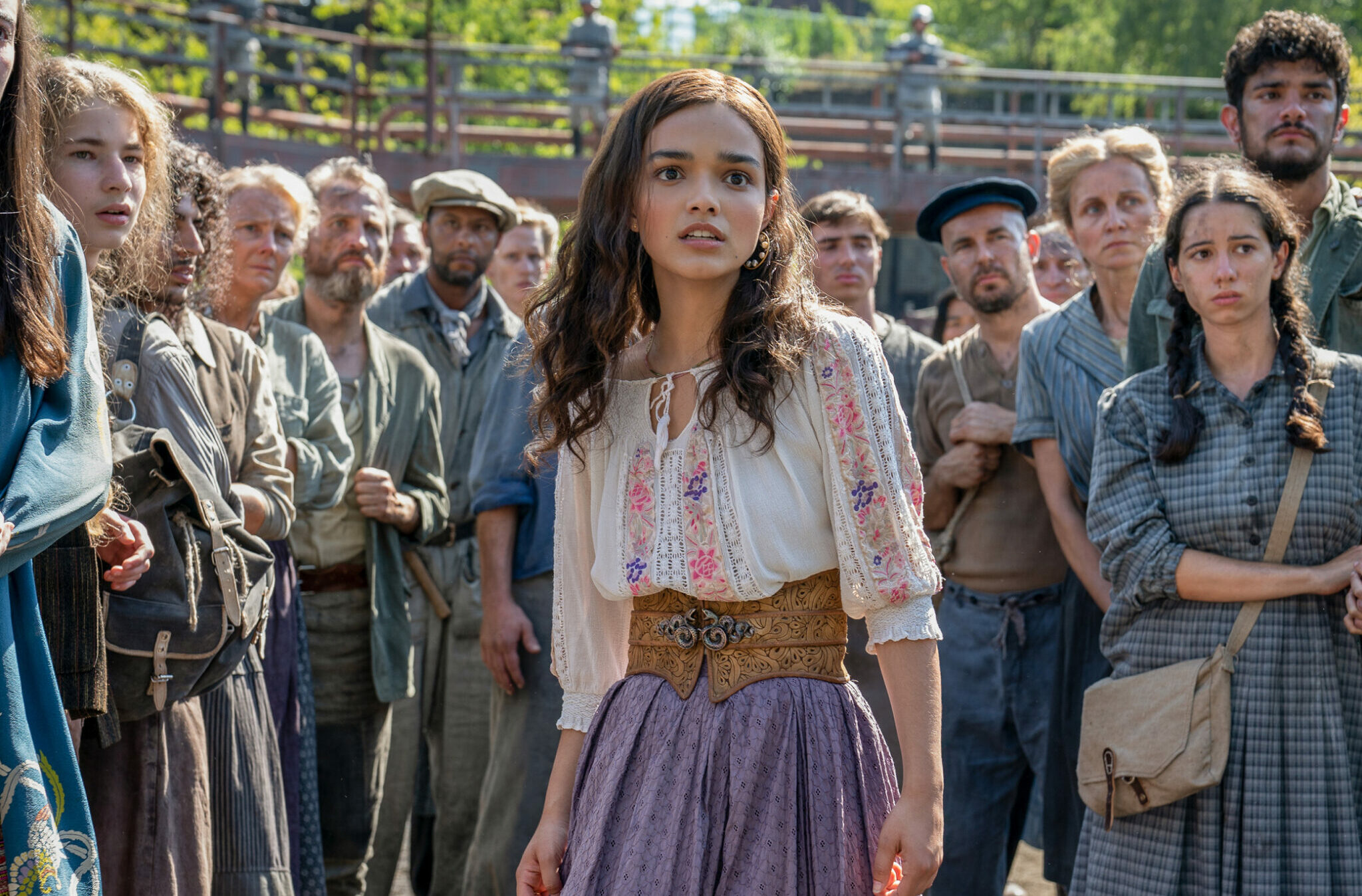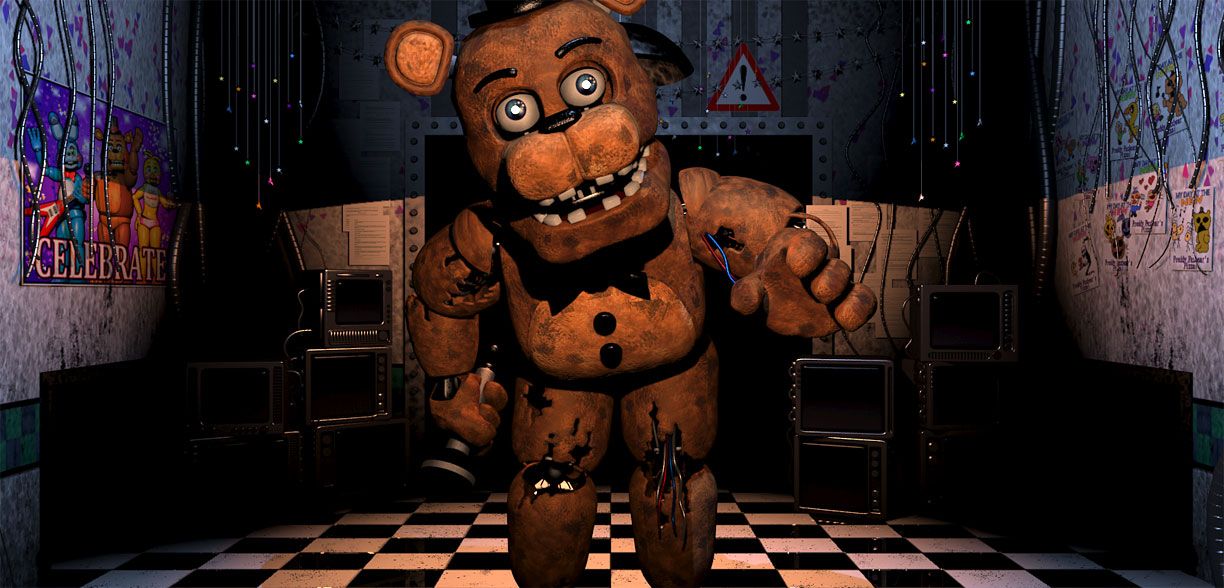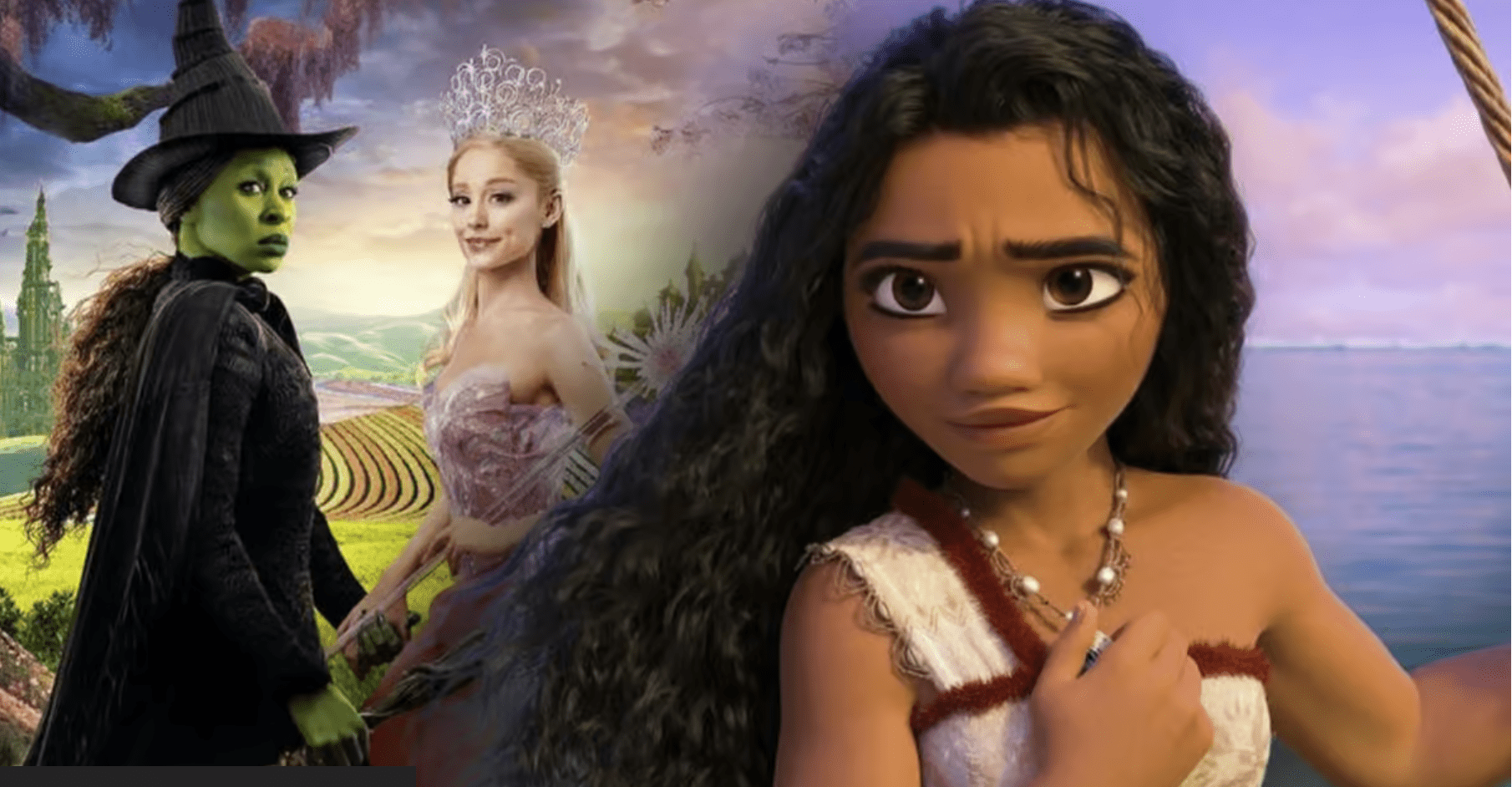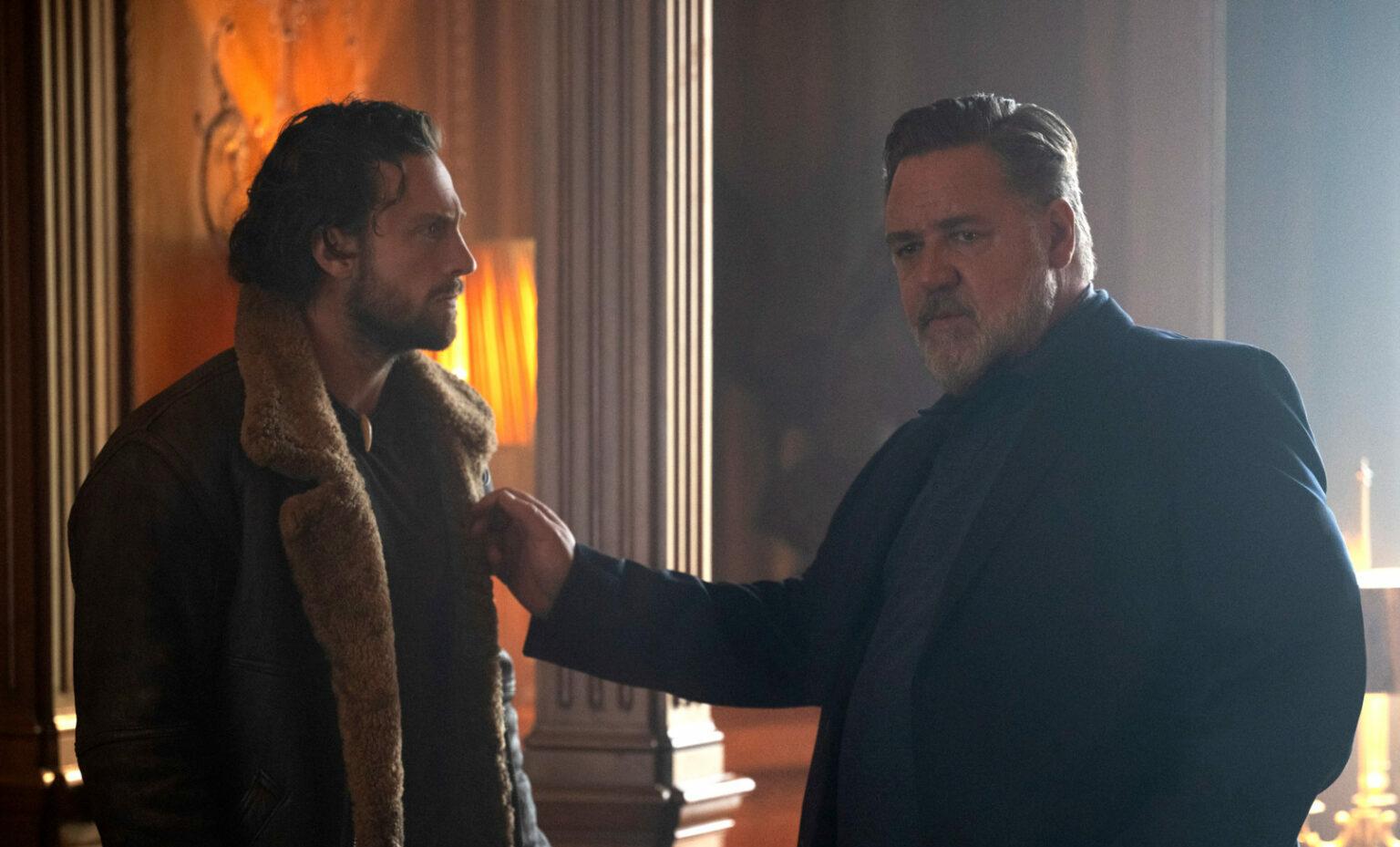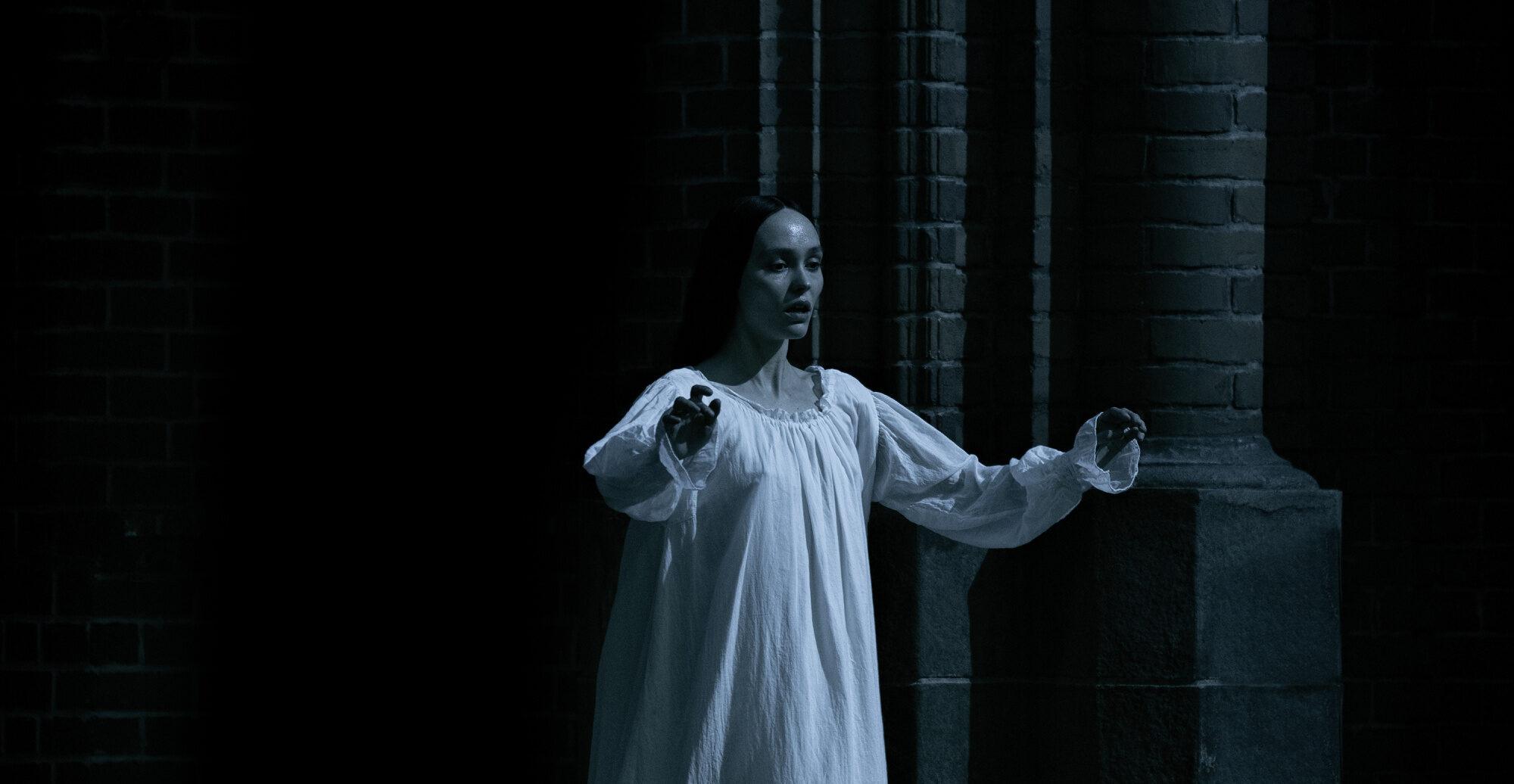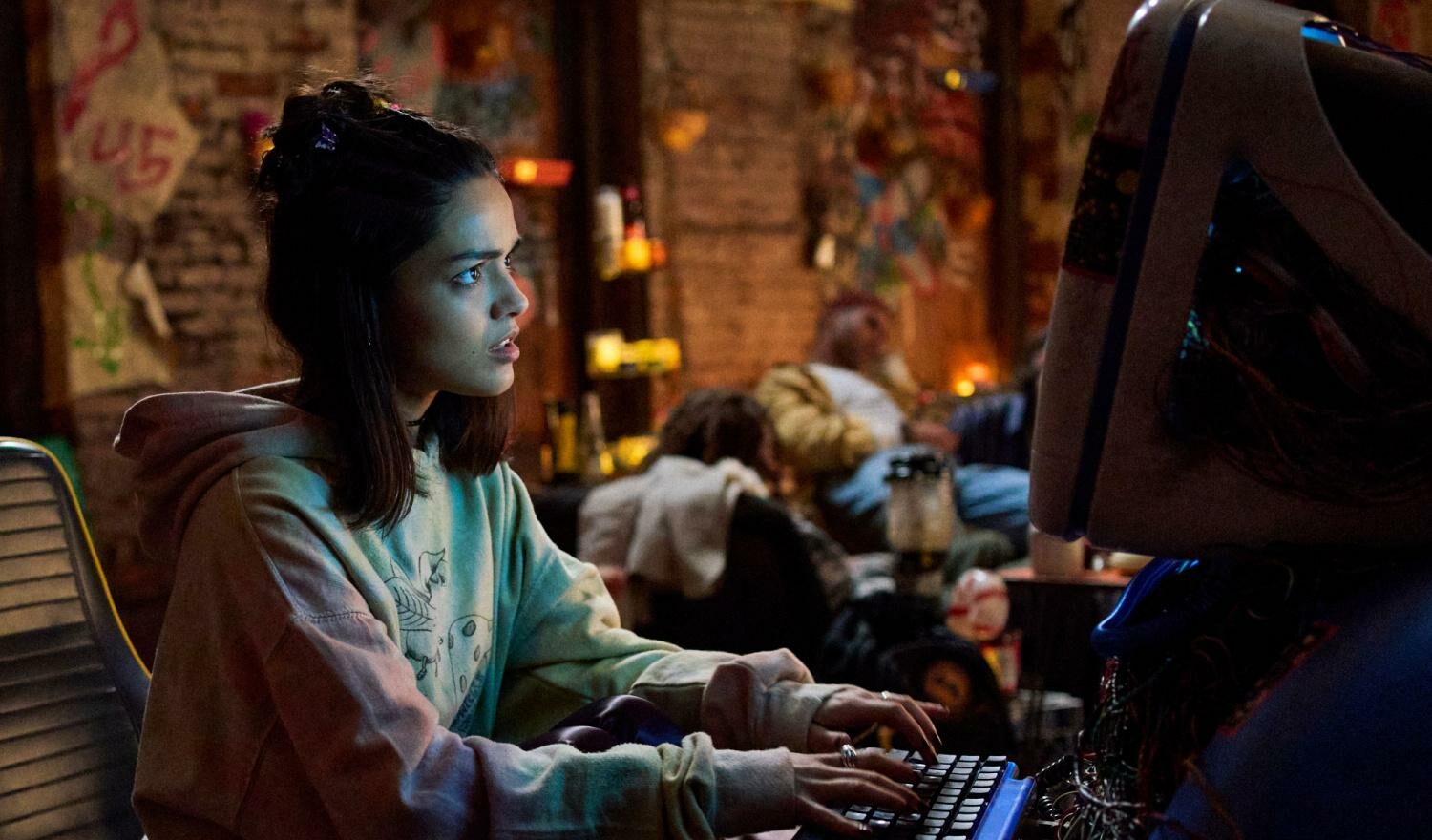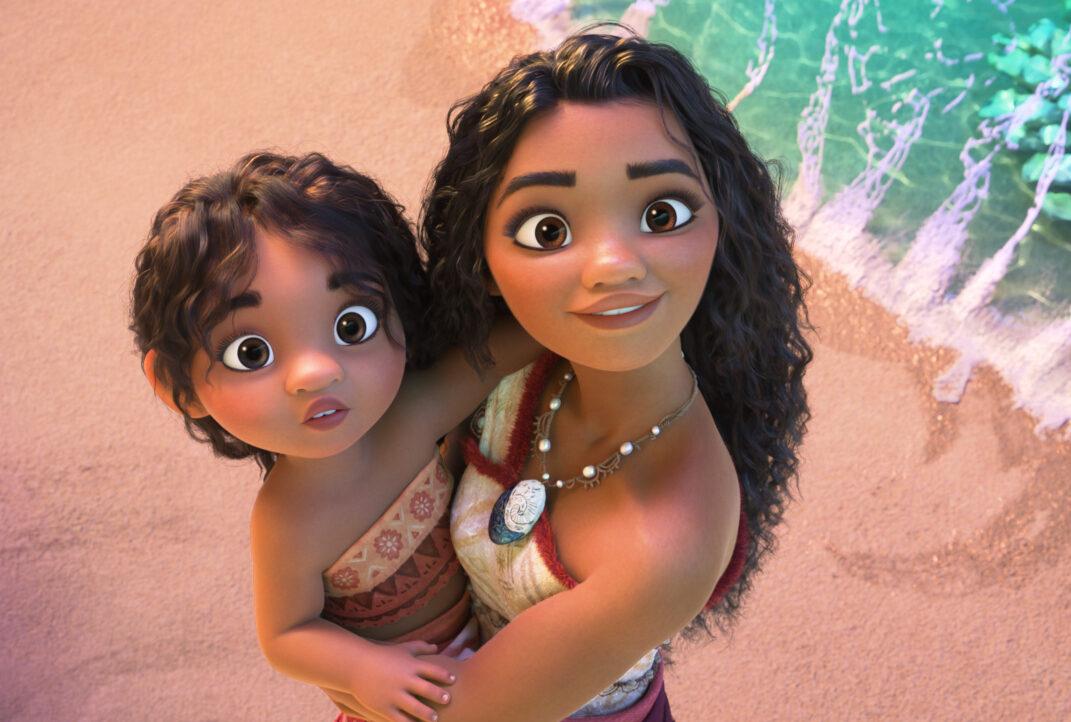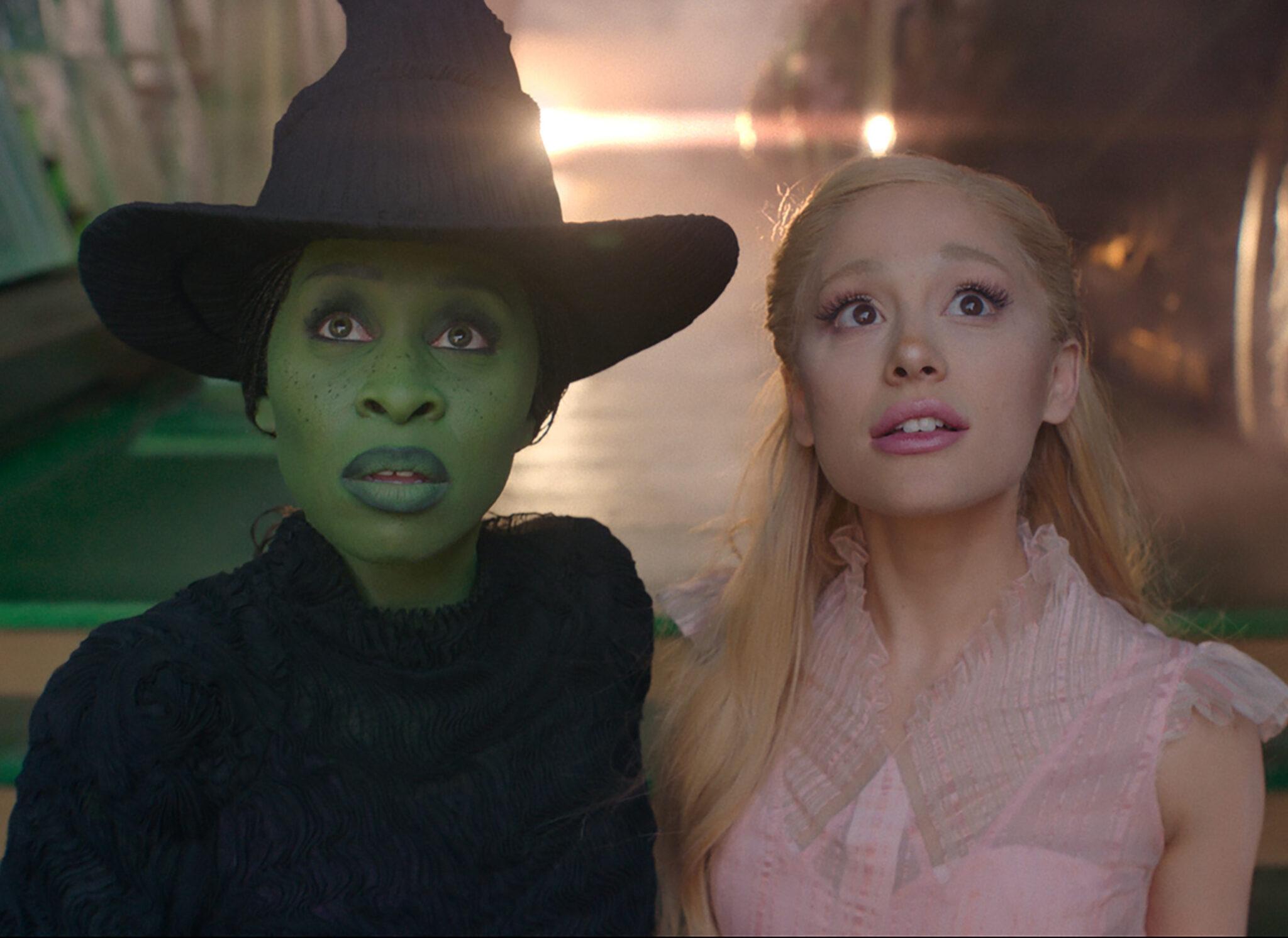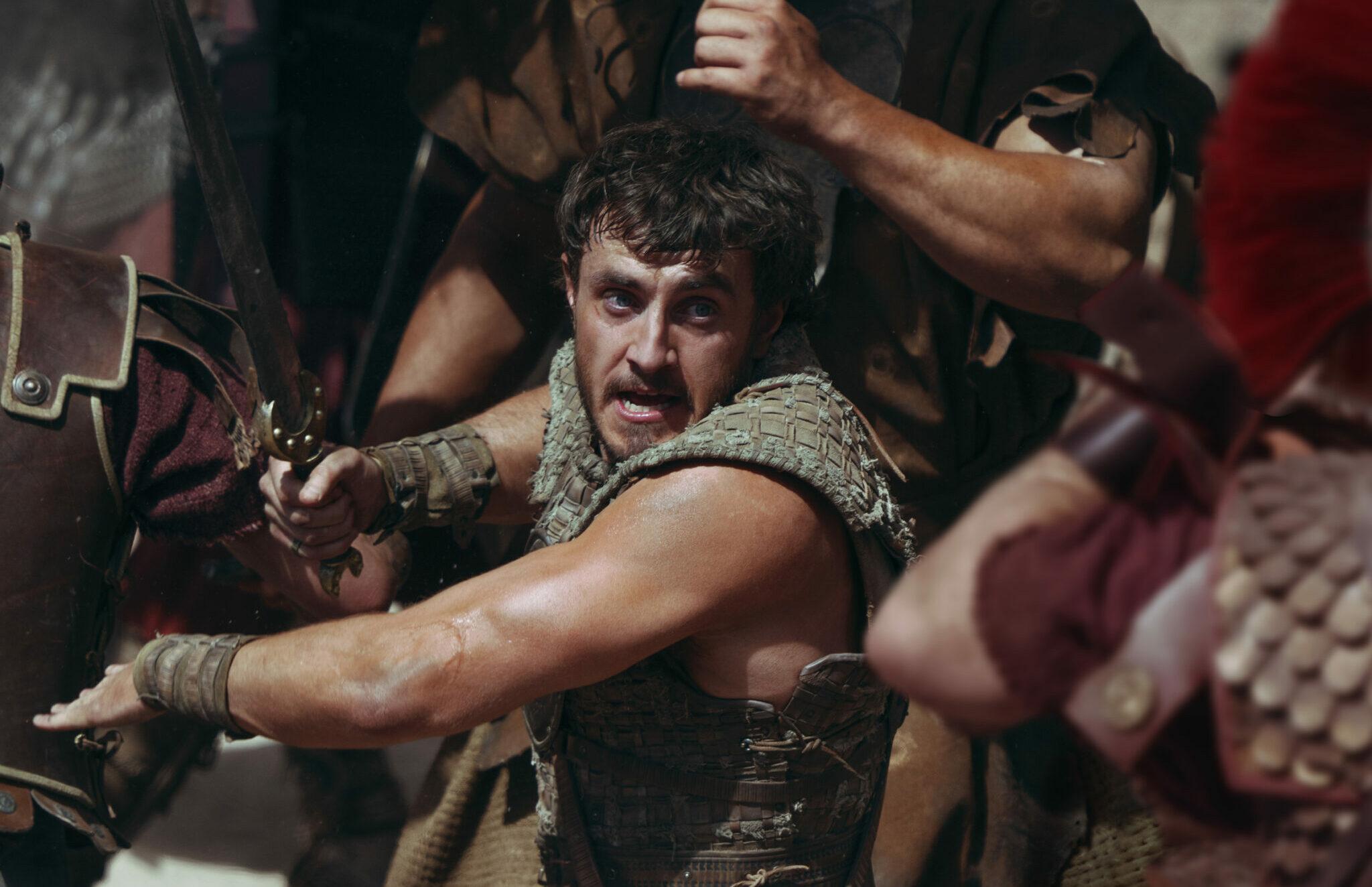VERDICT: This tedious, overlong prequel sheds little new light on the Hunger Games universe, although Viola Davis and Jason Schwartzman camp it up with gusto.
The Hunger Games: The Ballad of Songbirds and Snakes tells the story of a man who a) lies about his family’s wealth; b) understands how to manipulate reality TV to appeal to viewers’ worst instincts; and c) will eventually become president. Read into that what you will.
That connection to the real world, unfortunately, turns out to be one of the few compelling aspects of this return to the Hunger Games, hitting theaters eight years after Jennifer Lawrence hung up her bow and arrow. And it’s the absence of Lawrence — or at least of any young performer matching her charisma — that’s a key part of the problem here.
Prequels work best when they fill in the blanks and enhance our understanding of characters we know (e.g., the flashback sequences of The Godfather Part II) or find new stories to tell that only fleetingly connect to stories we’ve already heard (Better Call Saul succeeds, at least in part, because it offers so much plot and character beyond what Breaking Bad had previously offered).
Songbirds and Snakes gives audiences a peek at the revolt that rocked the nation of Panem, and at the early years of the Hunger Games, but it serves mainly as an origin story for a character who was fairly tangential to what made the original series so thrilling.
That character is Coriolanus Snow, played here by Tom Blyth (MGM+’s Billy the Kid); Snow is president of Panem in the first round of Hunger Games movies (and played by Donald Sutherland), but in those films, the character is less of a nemesis and more a cog in a brutal system. This prequel tells us how he rose in the ranks, and how his innovations saved the Games from being canceled due to low ratings.
Snow attends Panem’s prestigious academy for future leaders and hopes that graduating at the top of his class will bring him a financial prize to pull his family out of the poverty he’s kept hidden from his classmates. But this year, Dean Casca Highbottom (Peter Dinklage) announces a new wrinkle to the class competition, one designed to boost the sagging viewership of the now decade-old Hunger Games: each student will have to mentor a different combatant.
The least-desired assignment is a tribute from District 12, and Snow winds up with Lucy Gray (Rachel Zegler), a young woman who immediately entrances Panem’s TV audience by singing a rebellious folk song at her tribute ceremony.
Snow realizes the way to get jaded viewers engaged with the Hunger Games is to give them someone to root for, so he works with Lucy Gray to exploit her singing ability and on-camera magnetism while also suggesting to Games designer Dr. Volumnia Gaul (Viola Davis) that audience participation extend to viewers donating food, water, and medicines to combatants.
Songbirds and Snakes are divided into three chapters, and something is heart-sinking about realizing that, after the Hunger Games sequence plays out, the movie still has one more chapter to go. There’s not much more to learn about the characters, since none of them are particularly engaging and since Snow’s fate is already a fait accompli. The young performers tend to blur together here, although Ziegler shines in the moments where she gets to sing.
The veterans are left to steal the movie, generally by camping it up wildly (although Dinklage plays it very straight). Davis relishes the opportunity to wear mad-scientist-chic outfits (plus matching red rubber gloves and mismatched eye colors) from costume designer Trish Summerville, while Jason Schwartzman pours on the smarm as a weatherman turned Hunger Games host.
The set designers aren’t given much leeway with the Games themselves, since they’re limited to a bombed-out arena. Still, they make the most out of Schwartzman’s TV studio, with the rounded-edge monitor screens and old-fashioned fonts suggesting the 1950s dawn of the medium.
Suzanne Collins’ novels and the subsequent film adaptations created a fascinating and harrowing world that spoke to contemporary concerns; it’s a saga that would conceivably loan itself to extensions and permutations, but almost none of those opportunities come to fruition in this tedious prequel.

